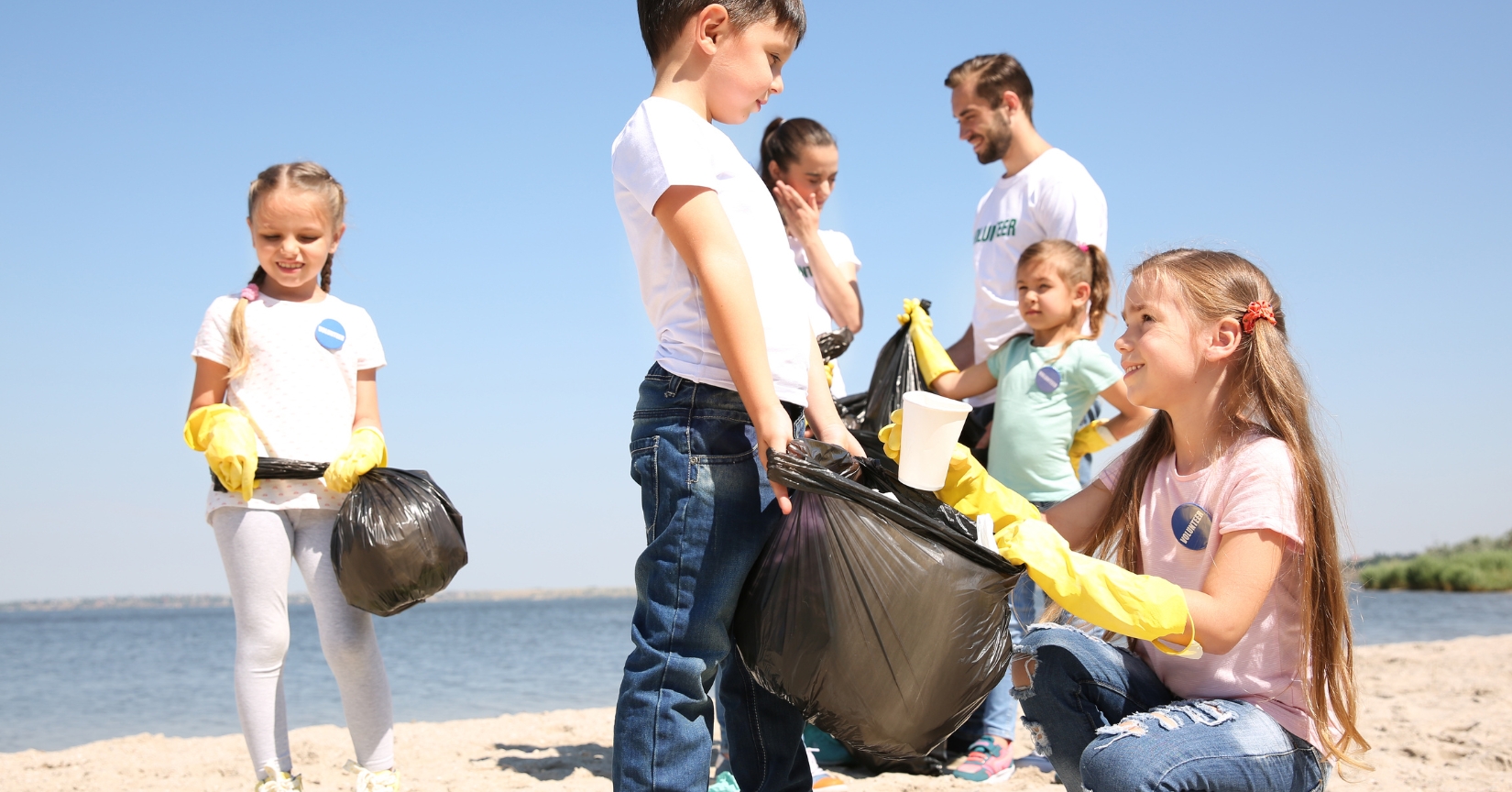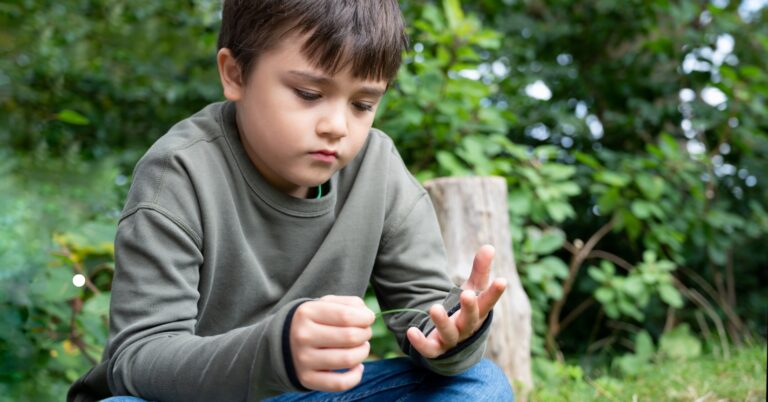As a seasoned advocate for child development, I can confirm that volunteering opportunities offer a profound way to nurture empathy in children. These experiences place them in diverse situations, teaching them to understand and respect different perspectives, thereby fostering empathy.
In this constantly evolving world, instilling empathy in our children is more crucial than ever. It’s not just about understanding others’ feelings; it’s about promoting kindness, tolerance, and unity.
Over the years, I’ve observed a remarkable transformation in children who have been part of meaningful volunteering opportunities. They develop an innate sense of compassion and understanding that shapes their character and worldview.
I’ve compiled a list of 7 exceptional volunteering opportunities that have proven to be life-changing for many children in developing empathy. Each opportunity is unique, providing its own set of experiences and lessons for your child.
By exploring these volunteering opportunities, we hope to provide you with the necessary insights and guidance needed to help your child embark on an empathy-building journey. Let’s delve into these transformative experiences and see how they can change your child’s life for the better.
1. Animal Shelter Volunteering
Few experiences can teach empathy as effectively as caring for animals. Animal shelters are always in need of volunteers, and this can be an excellent starting point for your child.
Working at an animal shelter involves taking care of abandoned or injured animals. This experience can be a powerful lesson in kindness, compassion, and responsibility for children. They learn to understand the animals’ struggles, fostering a deep sense of empathy.
The tasks could include feeding the animals, cleaning their spaces, or even helping potential adopters connect with their future pets. It’s vital to note that these duties should be age-appropriate to ensure safety.
Seeing the direct impact of their efforts on improving the lives of these animals can be a life-changing experience for children. It shows them their capacity to make a difference in someone else’s life, thereby promoting empathy and kindness.
2. Community Service Projects
Community service is another excellent avenue for children to develop empathy. It involves contributing to the betterment of your local community, often through projects that directly impact the lives of its members.
Through these projects, children interact with diverse groups of people, gaining firsthand experience of the different challenges and struggles they face. This exposure helps children understand the importance of empathy and compassion in making a difference in others’ lives.
For instance, organizing a neighborhood clean-up drive or participating in a food drive for the local food bank can be impactful experiences. They teach children about social responsibility and provide a sense of satisfaction and purpose.
Whether it’s helping to beautify a public park, assisting at a local soup kitchen, or collecting donations for a charity, community service projects offer invaluable lessons in empathy and kindness.
3. Visiting Nursing Homes or Care Facilities
Another impactful way to foster empathy in children is through visits to nursing homes or care facilities. Often, the elderly or individuals with disabilities in these facilities appreciate the company and engagement, and children can learn valuable lessons about empathy and compassion through these interactions.
Children can participate in various activities during these visits, such as reading to the residents, helping with crafts, or simply engaging in conversation. This interaction with different age groups and abilities broadens their perspective, fostering understanding and empathy.
These visits can be a powerful reminder for children that everyone, regardless of age or circumstance, needs care, respect, and kindness. Plus, the relationships they build can be deeply rewarding and fulfilling.
Related Stories from Careful Parents
4. Environmental Initiatives
Volunteering for environmental initiatives can provide children with a profound understanding of our interconnectedness with nature. By actively participating in projects like tree planting, beach cleanups, or community gardening, children can see the direct impact of their actions on the environment.
These experiences can help children recognize the need for respect and care towards our planet. It is a practical lesson on empathy that extends beyond human relationships, fostering a broader perspective on life and our responsibilities towards it.
Engaging with nature also provides opportunities for children to observe life in diverse forms, fostering an appreciation for biodiversity. This can lead to a more empathetic outlook towards all forms of life, encouraging respect and understanding.
5. Peer Tutoring
Peer tutoring is a volunteering opportunity that allows children to develop empathy through educational assistance. This could involve helping classmates with homework or tutoring younger students in subjects they excel in.
This activity boosts their skills while fostering an understanding and appreciation for the challenges others encounter in their learning journey. It gives them a chance to step into others’ shoes, fostering empathy and understanding.
Peer tutoring encourages patience, active listening, and the ability to explain complex concepts in simpler terms. These are all key components of empathy – understanding others’ perspectives, validating their struggles, and helping them overcome obstacles.
6. Assisting in Special Olympics or Similar Events
Volunteering at events like the Special Olympics can be an eye-opening experience for children. These events are designed to promote inclusivity and celebrate the abilities of individuals with intellectual disabilities.
Children assisting at these events get the opportunity to interact with participants, cheer them on, and even help in organizing some aspects of the event. This interaction can provide valuable lessons in empathy, understanding, and celebration of diversity.
Seeing the determination and spirit of the participants can inspire children to be more understanding and compassionate towards individuals with different abilities. It teaches them that everyone has unique strengths and challenges, fostering a deep sense of empathy.
7. Organizing and Participating in Fund-Raising Events
The final volunteering opportunity on our list involves organizing and participating in fund-raising events for charities. This activity allows children to combine their creativity and effort to make a significant difference.
By being directly involved in the planning and execution of these events, children learn about the cause they’re supporting and the people it benefits. This understanding can foster empathy, as they’re working towards improving the lives of people facing various challenges.
Fundraising events can range from charity runs to bake sales, art auctions to musical performances. Regardless of the format, the act of raising funds for a worthy cause can instill a sense of responsibility and empathy in children.
Supporting Your Child’s Empathy Journey
As parents, your support is crucial in your child’s journey to develop empathy through volunteering. It’s important to discuss with your child why they are volunteering and who it is helping. This conversation can deepen their understanding of the cause and the impact of their actions.
Be there to guide them, but also let them take charge. This autonomy can boost their confidence and enhance their problem-solving skills. Recognize their efforts and the difference they’re making, no matter how small it might seem.
Remember, every child is unique, and so is their journey in developing empathy. Some might find their calling in animal shelters, while others might be drawn to community service or environmental initiatives. The key is to find a cause that resonates with them.
Most importantly, let them know that it’s okay to feel overwhelmed at times. Volunteering can stir up strong emotions, and it’s essential to reassure them that it’s a normal part of the empathy-building process.














